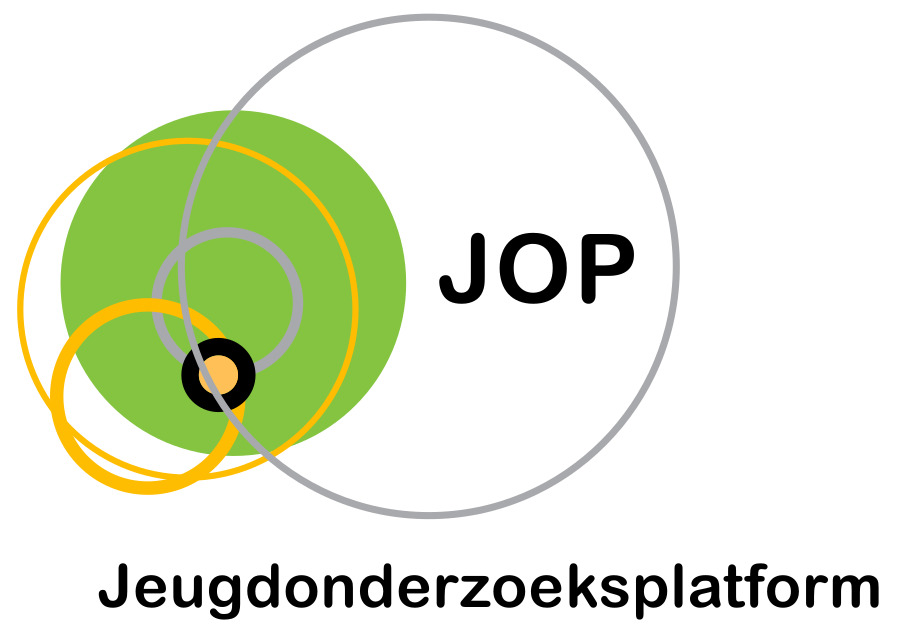Managing Positive and Negative Media Effects Among Adolescents: Parental Mediation Matters—But not Always.
Auteurs
Meeus, A., Beyens, I., Geusens, F., Sodermans, A. K., & Beullens, K. (2018).

Abstract
In deze studie werd de rol van ouderlijke media tussenkomst stijlen in de relatie tussen (1) prosociale media inhoud en het stellen van prosociaal gedrag en (2) antisociale media inhoud en het stellen van antisociaal gedrag nagegaan. De resultaten van een cross-sectionele survey (n = 475; gemiddelde leeftijd = 14.6) gaf aan dat een autonomie-ondersteunende, restrictieve tussenkomst positief gerelateerd was aan prosociaal gedrag via een verhoogde prosociale media blootstelling, terwijl het tevens geassocieerd was aan minder antisociaal gedrag via een verkleinde blootstelling aan antisociale media inhoud. Autonomie-ondersteunende, activerende tussenkomst, langs de andere kant, versterkte de positieve associatie tussen blootstelling aan prosociale media inhoud en het stellen van prosociaal gedrag, maar modereerde niet de link tussen blootstelling aan antisociale media inhoud en het stellen van antisociaal gedrag. Deze resultaten wijzen erop dat autonomie-ondersteunende tussenkomst stijlen het meest effectief zijn in het managen van media effecten, maar dat antisociale media inhoud een restrictievere aanpak nodig heeft.
The current study examined the role of parental media mediation styles in the relationships between (1) prosocial media content and the performance of prosocial behavior and (2) antisocial media content and the performance of antisocial behavior. The results of a cross-sectional survey (N = 475; Mage = 14.6) indicated that autonomy-supportive restrictive mediation was positively related to prosocial behavior through increased prosocial media exposure, while it was also associated with less antisocial behavior through decreased antisocial media content exposure. Autonomy-supportive active mediation on the other hand strengthened the positive association between exposure to prosocial media content and the performance of prosocial behavior. However, this type of mediation did not moderate the association between exposure to antisocial media content and the performance of antisocial behavior. These results indicate that autonomy-supportive mediation styles are most effective in managing media effects, but that antisocial media content may warrant a more restrictive approach.
Referentie
Meeus, A., Beyens, I., Geusens, F., Sodermans, A. K., & Beullens, K. (2018) Managing Positive and Negative Media Effects Among Adolescents: Parental Mediation Matters—But not Always, Journal of Family Communication, 18(4), 270-285
Taal
Engels
Publicatievorm
Tijdschriftartikel
ISBN – DOI
10.1080/15267431.2018.1487443
